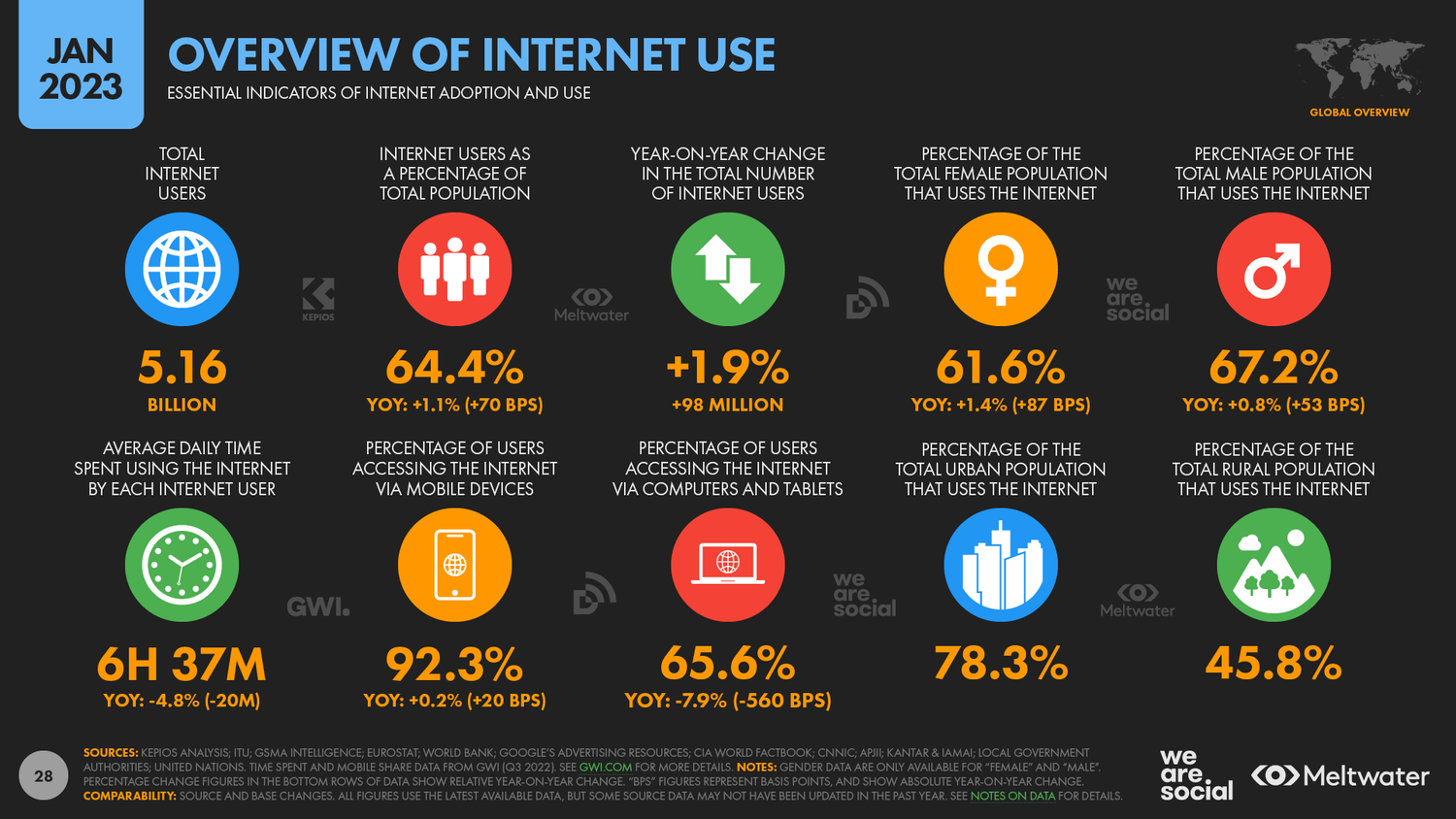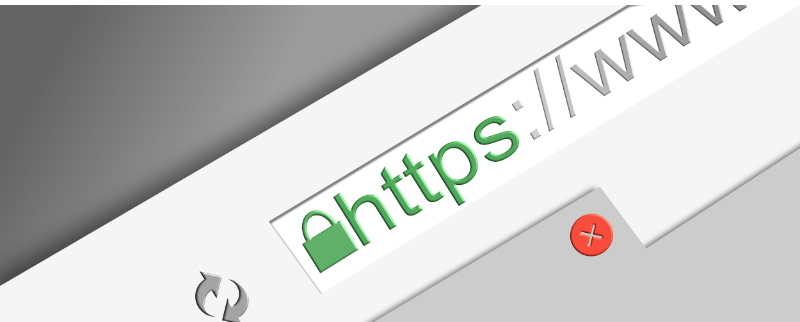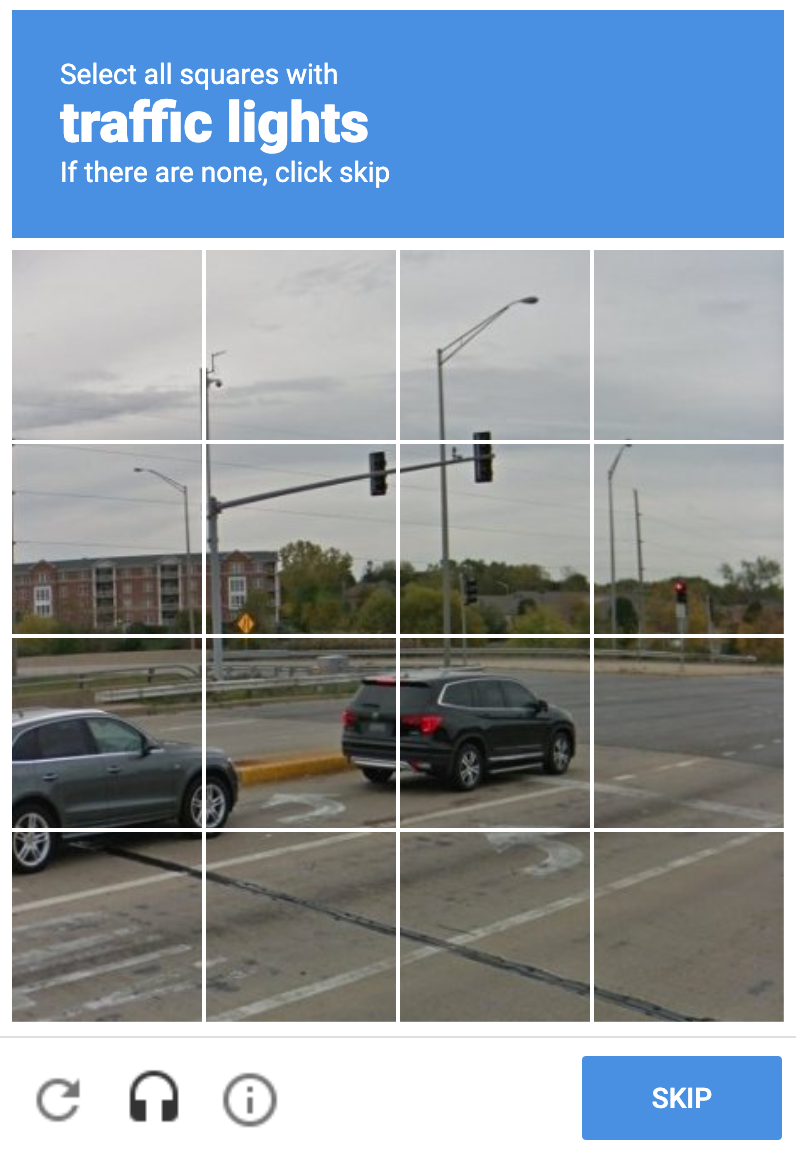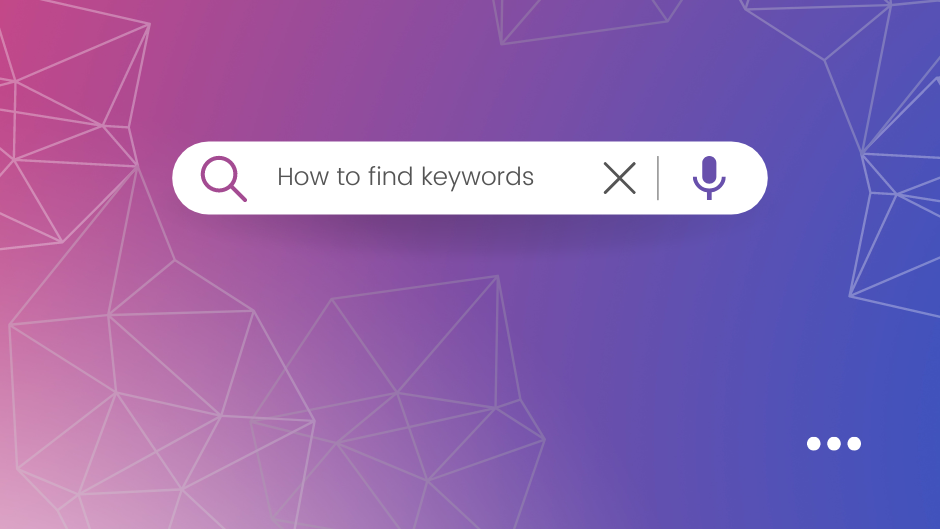We live in a time where we spend a huge chunk of our days on the internet. According to a
recent study, the average time spent online per person was 6 hours and 37 minutes a day. This can include using the internet for your job, online shopping, booking flights, banking, social media etc. As the world becomes more and more digitally connected, businesses are becoming more reliant on their online presence. However, this increased dependence on websites comes with increased risks. These risks can include things like cyber threats, such as hacking, malware and data breaches. Low security websites can pose great risks for these cyber threats if you are not careful. In this article, we will explore the importance of website security and provide you with some tips on how you can improve it.
The Importance of Website Security
Website security is essential for both the website owner as well as the users. Here are some reasons why:
1. Protects the User's Information
Perhaps the most important job of website security is to protect the information of the person using your website. People want to believe their personal information is being protected while they are interacting on your website. The personal information can include things like credit card numbers, social security numbers, passwords etc. However, if you do not have proper website security, your users’ information could be at risk for getting hacked. This can lead to identity theft, financial loss and other serious consequences. By having a highly secure website you can protect your customers’ information and begin to build trust.
2. Maintain Business Reputation
3. Compliance with Regulations
Some industries have set regulations and standards that require businesses to have a certain level of website security. For instance, the healthcare industry has strict regulations called
HIPAA (Health Insurance Portability and Accountability Act). This act protects the patient’s sensitive health information from being disclosed without proper consent from the patient themselves. Failing to abide by this strict regulation could result in legal action. Make sure you are following any standards or regulations set by your industry to avoid any issues.
4. Provides Competitive Advantage
More and more customers are prioritizing security when it comes to their online activities and transactions. Having a highly secure website can give businesses a
competitive advantage, as it demonstrates that they take security seriously and care about their customers' safety. Customers are more likely to choose a website that they know is secure over one that they perceive as risky.
The Risks of Low Security Websites
As we talked about earlier, low security websites are vulnerable to various cyber threats. Let’s go into more detail about what these risks are:
Hacking
Hacking is a security breach that is caused by an individual gaining unauthorized access to a website’s server. This can cause serious consequences for both the website owner and its users. One of the most serious risks is when sensitive data is stolen. The most common sensitive data stolen is personal information and financial records. Unfortunately, if hackers gain access to this information it can be used for identity theft, fraud or other illegal activities. A hit like this could result in significant financial loss for individuals and businesses.
The legal consequences of a hacker gaining access to sensitive data can be severe as well. Depending on the nature of the data stolen, your company could face legal action. This could be receiving fines from government agencies or lawsuits from individuals directly affected by the data breach. All of this would cause major reputation damage to your company and could cause long-term consequences to your profitability and success.
Malware
Malicious software, or Malware, is a type of computer program that is designed to cause harm to a computer system. This software often steals sensitive data and can damage the computer’s functionality.
Malware can be installed on a website’s server, unbeknownst to the website owner. It can be installed on a computer through email attachments, links to infected websites or downloads. This malicious software can then spread to the computers of users who are visiting that website, infecting their devices as well.
It is important to take steps to protect your website from these malicious attacks. Remember to always keep your software and operating systems up to date. You can accomplish this by installing antivirus and anti-malware software, and avoid suspicious email attachments and links. Another good security measure is to be cautious when downloading any software to your computer; make sure you trust the source.
Phishing
Improving Website Security
Now that you understand the importance of website security and the risks of low security websites, let’s discuss a few ways you can improve the security on your website.
Use HTTPS
Keep Software Up-to-Date
By regularly updating your software you can greatly reduce the risk of cyber threats to your website. This can include updates to your content management systems, plugins or themes. Cybercriminals will often target outdated software due to weaknesses and loopholes found in the code. This can result in unauthorized access to sensitive data, malware infections, and other security breaches that can harm your system and compromise your online presence.
Besides security concerns, outdated software can also cause compatibility issues and slow down your website. This can lead to poor user experience which can negatively impact any search engine optimization (SEO) efforts. Therefore, updating your software is extremely important not just for website security, but also to ensure optimal site performance.
Use reCAPTCHA on Your Website
Have you ever wondered why some websites make you click certain boxes that have a traffic light in them, or make you spell out random distorted text? This is a form of reCAPTCHA
("Completely Automated Public Turing test to tell Computers and Humans Apart"). reCAPTCHA is a security measure developed by Google used to prevent automated bots and spam from accessing websites. If these bots were to gain access to a website, they could create fake accounts and send messages.
So you may still be wondering, why do you have to solve puzzles or identify objects in images? This is used simply to distinguish whether the user is human or a bot. Humans can complete the puzzles and other tasks easily, but bots on the other hand struggle to do so.
The implementation of reCAPTCHA is crucial in establishing website security by thwarting malicious bots that pose significant risks to sensitive information. Malicious bots can cause disruptions or engage in fraudulent activities like spamming or stealing user data. Using reCAPTCHA, website owners can confirm that only human users can access their content and services, significantly blocking unwanted traffic from bots.
Beyond website security, reCAPTCHA is also essential in safeguarding the internet from malicious attacks such as
DDoS (Distributed Denial of Service) attacks, which can overload servers and cause websites to become unavailable. By ensuring that only human users can access websites, reCAPTCHA helps prevent such attacks and ensures that the internet remains safe and secure for everyone.
Regular Monitoring
Monitoring your website on a regular basis is an essential aspect of maintaining a secure site. Website owners can track and identify any patterns or anomalies that may indicate suspicious activity going on. By staying on top of it, you can take appropriate action right away to address any potential threats.
To monitor your website, you will want to access your website logs. These logs record all of the activity on your website. Activities such as who is accessing your site, what pages are they visiting and what actions are they taking on your website. All of this data can be used to detect any unauthorized access, malware infections or other security issues.
Have a Plan
One of the most important aspects of website security is to have a plan in place in case of a security incident. By creating an incident response plan you and your team can feel more prepared to handle the situation, if it ever arises. Your plan should include a procedure for notifying users of the security issue, investigating the incident and taking action to fix the problem. It’s also essential to regularly review and update your incident response plan to keep it current and effective.
Conclusion
Hopefully, you have gathered from this article that website security is essential in today's world. Having a secure website protects users' information, maintains your business' reputation, ensures compliance with regulations, and provides a competitive advantage. On the other hand, low security websites are vulnerable to various cyber threats such as hacking, malware, and phishing. These can result in serious financial and legal consequences, as well as reputational damage. To avoid these risks, website owners should prioritize website security by keeping their software and operating systems up-to-date, installing anti-virus and anti-malware software, avoiding suspicious email attachments and links, and being cautious when downloading software. A secure website not only protects users but also builds trust and confidence, which are critical for businesses to succeed in today's digital age. If you need help creating a secure website,
the experts at SAASY CLOUD are here to be a great resource for you!

















